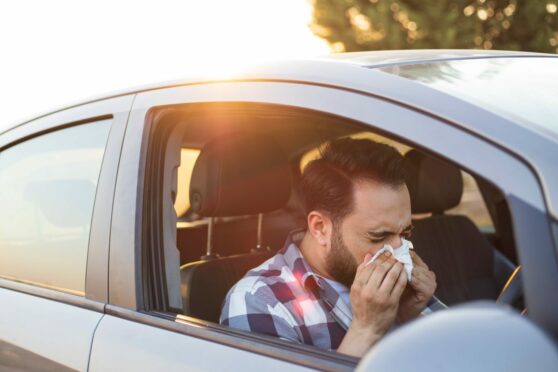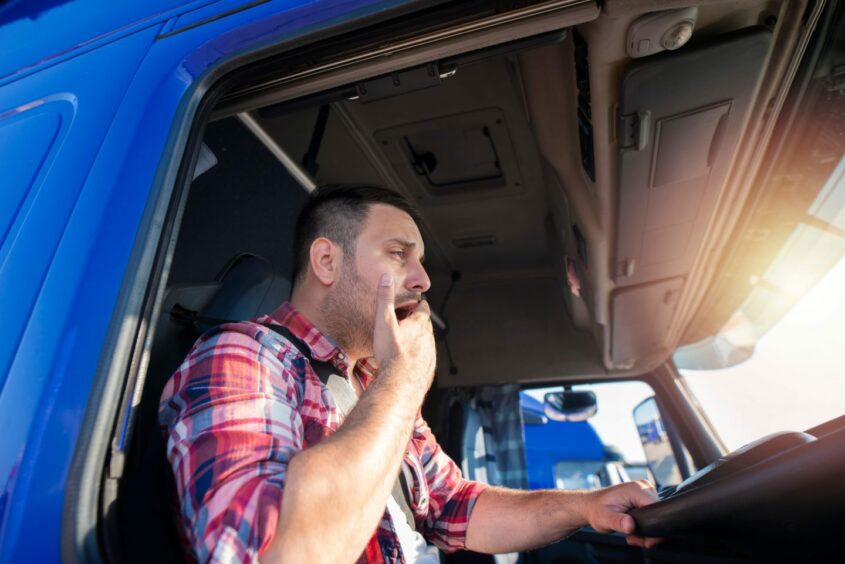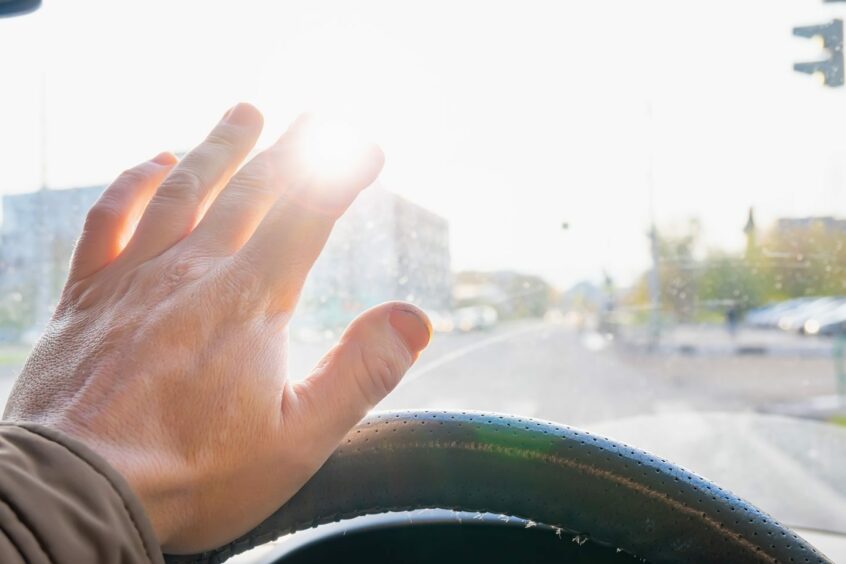New research has shown that almost 1 in drivers in the UK are struggling to drive with hay fever – with some even admitting to driving while drowsy.
The survey of 1,000 respondents by automotive leasing form Vanarama revealed that 14% of drivers admit hay fever symptoms, such as itchy eyes and sneezing, affect their driving ability.
A further 8% admitted that they have taken allergy tablets and become drowsy whilst driving.
In addition to hay fever, research also showed that almost two-thirds (65%) of drivers are negatively impacted by the hot weather, feeling tired and overheated.
Vanarama’s survey also found that 37% of drivers have struggled to drive due to sun brightness in the past.
Dangers of sunlight glare
Bright sunlight can cause a strong glare across a car’s windshield which can distort a driver’s view of the road, and it is crucial that your windows are clean in the summer months to avoid magnifying glare.
Rule 237 of the Highway Code says if a driver is dazzled by bright sunlight, to slow down and, if necessary, stop.
Fines and driving bans possible
According to the UK government, motorists can be convicted for taking legal drugs that affect driving. If the drugs make you unfit to drive and you are caught driving you can receive a minimum one-year driving ban, an unlimited fine, up to six months in prison and a criminal record.
The advice is ‘always read the label’, and this should always be the case before your drive after taking medication
Legal drugs are defined as being ‘prescription or over-the-counter medicines’. However, the legislation does not distinguish between illicit drugs, prescription medication and over-the-counter medications if it affects your driving or means you are not fully in control of the vehicle.
Andy Alderson, CEO, and founder of Vanarama says: “Many medicines can cause tiredness. Some anti-histamines cause drowsiness and so I would recommend hay fever sufferers check the label before they drive.
“The advice is ‘always read the label’, and this should be the case before your drive after taking medication. If you are unsure you should speak to a medical professional to get advice before stepping in the car.”


